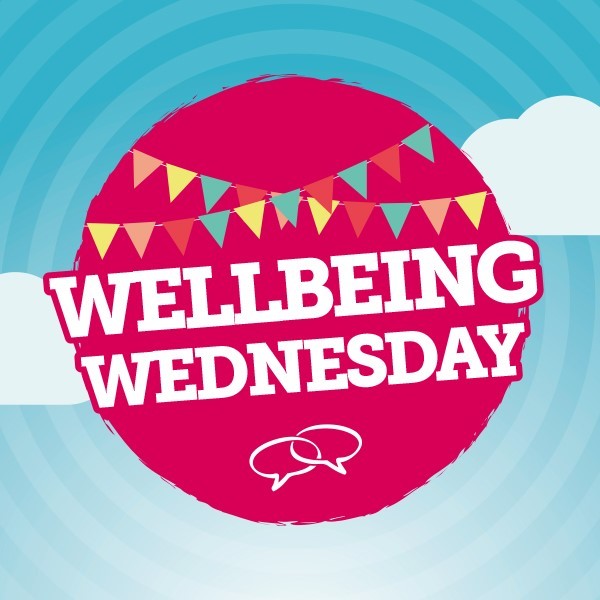Peace Keeping with Children At Home

Remember a small amount of sibling conflict is to be expected, it helps with socialisation
Advice and suggestions to manage fighting will vary depending on ages of children.
Sometimes you will to be a referee. Once you’ve separated the children, give each child a chance to say their piece. Listen very carefully. Don’t make judgements. Very often the complaint will be about fairness. But fairness is a difficult concept the younger children are due to natural egocentric behaviours of little children. It’s important to teach managing conflict skills from an early age, it’s a life skill we all need. Describing what went wrong can be hard for younger children, they sometimes struggle to find the right words. In this case you can prompt with questions but try to be careful not to lead in a biased way.
Make a decision about the issue and make clear you are the person in charge here. If it is about who gets something first you must manage this and your decision should be followed through. Make sure the child who got to go second this time, goes first, next time.
Choose a time when there is peace or perhaps before you are playing a shared game, adults and children together, emphasise that as a family you are a team. This is a message that needs to be repeated frequently.
Again in a period of calm, reinforce the rules that there is no name calling, or hitting. If necessary you can write down a list of the games they play and work through them successively, ticking them off. Often, however, the children will become engaged in the games and some of the conflict may subside.
If you are trying to work from home or do housework at the same time, you may have to keep a listening ear out for the tone of the play as it progresses.
Remember that what you model to the children is important. If children see adults shouting and not discussing they will think this is the way to work out conflicts. And, coming back to the point of fairness, depending on the ages of the children, when you have a conversation about fairness, don’t forget that fairness can apply to adults too. Ask the children what they think is fair and not fair about the situation for the adults. Remember a conversation like this could expand significantly, given fairness is the underlying need of our society at this time. You may need to prepare to discuss the unfairness that exists that the children are aware of and support them in their responses and understanding.